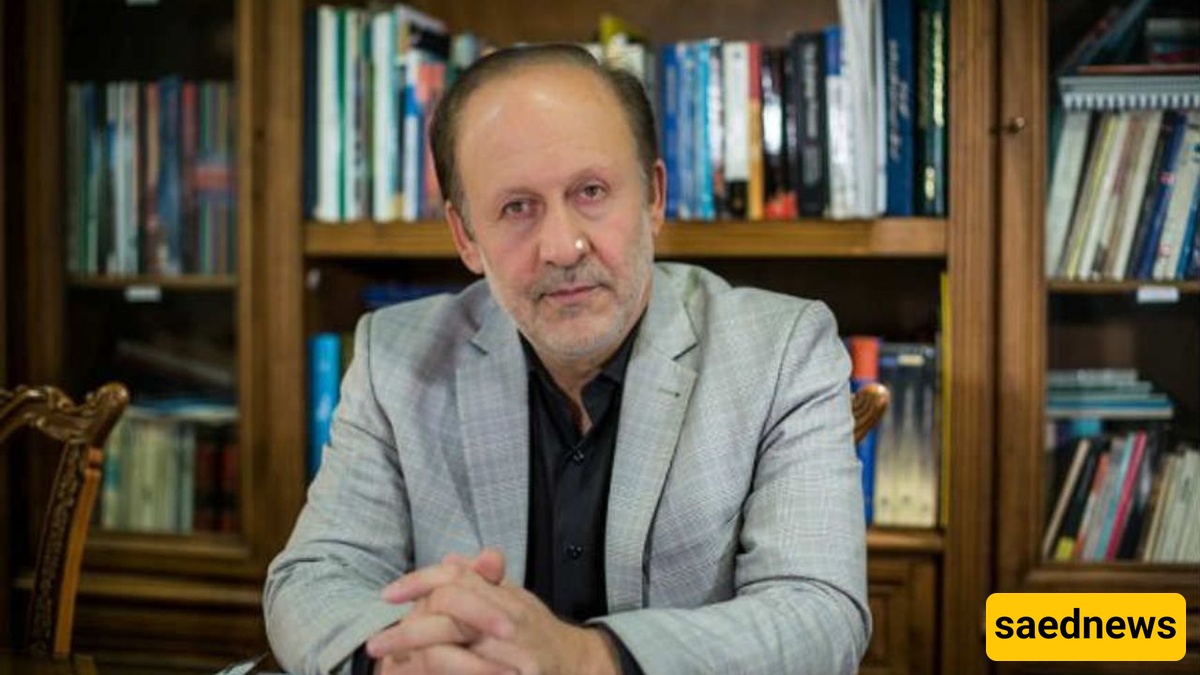SAEDNEWS: Former Iranian ambassador Jalal Sadatian warns that activating the UN “snapback” mechanism could significantly heighten sanctions on Iran, complicating ongoing nuclear talks with Europe despite Iran’s proposals for monitored enrichment.

Jalal Sadatian, former Iranian ambassador to the United Kingdom, discussed the potential implications of the UN “snapback” mechanism on Iran’s economy in an interview with Etemad Online. He asked how Iran’s current economic situation would be affected, whether the snapback would have a strong negative impact, or whether its effect would be limited. He emphasized that the mechanism, due to U.S. sanctions pressure, would significantly affect Iran.
Sadatian explained that the current difficulties largely result from unilateral U.S. sanctions, with European sanctions playing a secondary role. The United States has threatened third parties cooperating with Iran, including European and non-European countries, leading to penalties for some companies. While independent states are not legally bound to follow U.S. sanctions, activating the snapback would mean that six previously obsolete UN Security Council resolutions would automatically come into effect. This could obligate all countries to comply with these sanctions, including those with minimal economic interactions with Iran, such as Iraq, Afghanistan, or Pakistan.
He noted that U.S. sanctions currently outnumber UN sanctions, with roughly 100 U.S. sanctions compared to 35–40 UN sanctions. If snapback is activated, all UN sanctions would apply alongside existing U.S. and European measures, further intensifying pressure on Iran. Even minimal ongoing economic exchanges could be disrupted.
Sadatian also addressed the upcoming negotiations between Iran and European countries, suggesting that their purpose is to prepare for talks that might prevent the activation of snapback. He highlighted a central issue: the U.S. demand for Iran to reduce enrichment to zero percent, a request Iran is unlikely to accept, citing its NPT rights for peaceful nuclear activities. Iran has proposed a monitored enrichment consortium including neighboring countries to assure that enrichment is strictly for peaceful purposes.
He stressed that Western nations remain unwilling to discuss sanction relief. Since the U.S. withdrawal from the JCPOA, Iran has faced escalating restrictions, with Europe failing to fully uphold its commitments. In response, Iran has continued higher-level enrichment using advanced centrifuges, which in turn triggered additional sanctions. Sadatian emphasized that Iran sees no reason to halt enrichment while Israel and the U.S. have attacked its nuclear facilities.
Finally, he noted that Iran’s Foreign Minister Majid Takht-Ravanchi has proposed temporarily suspending enrichment in exchange for sanction relief for a defined period, but no response has been received. Sadatian concluded that the ongoing dialogue will likely involve presenting positions and seeking a tangible agreement rather than being a mere formality.

